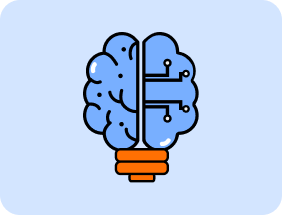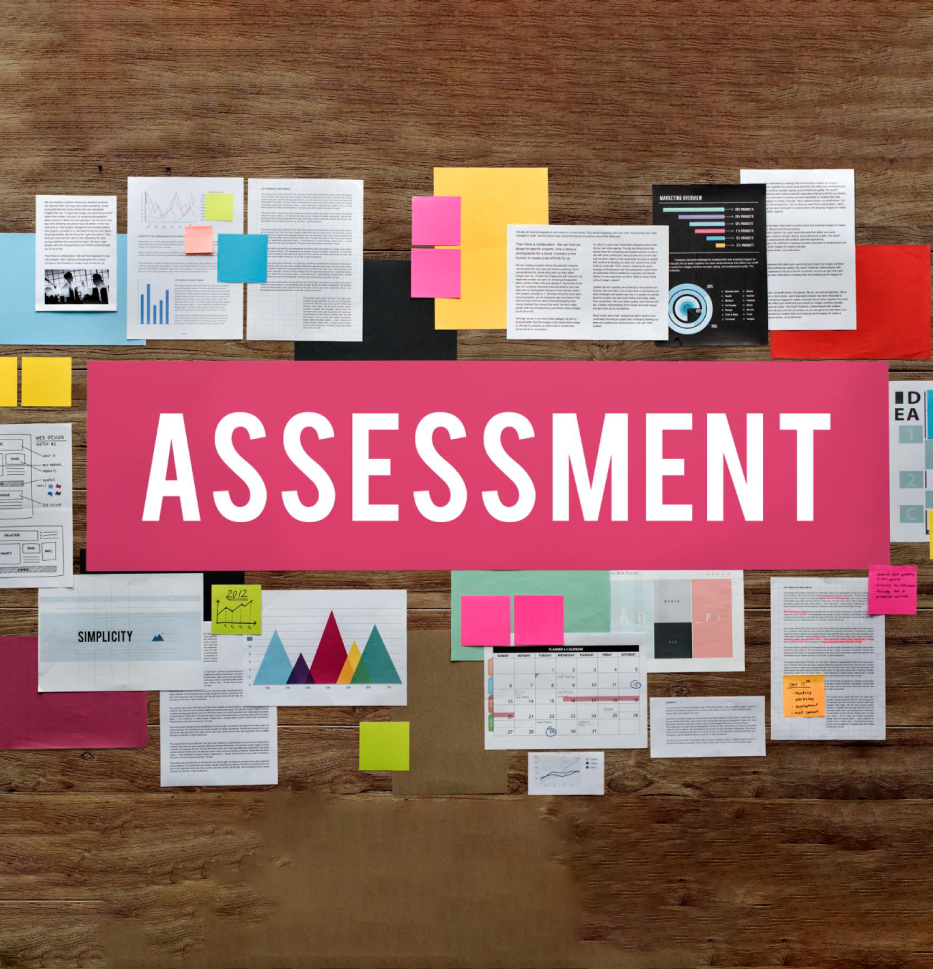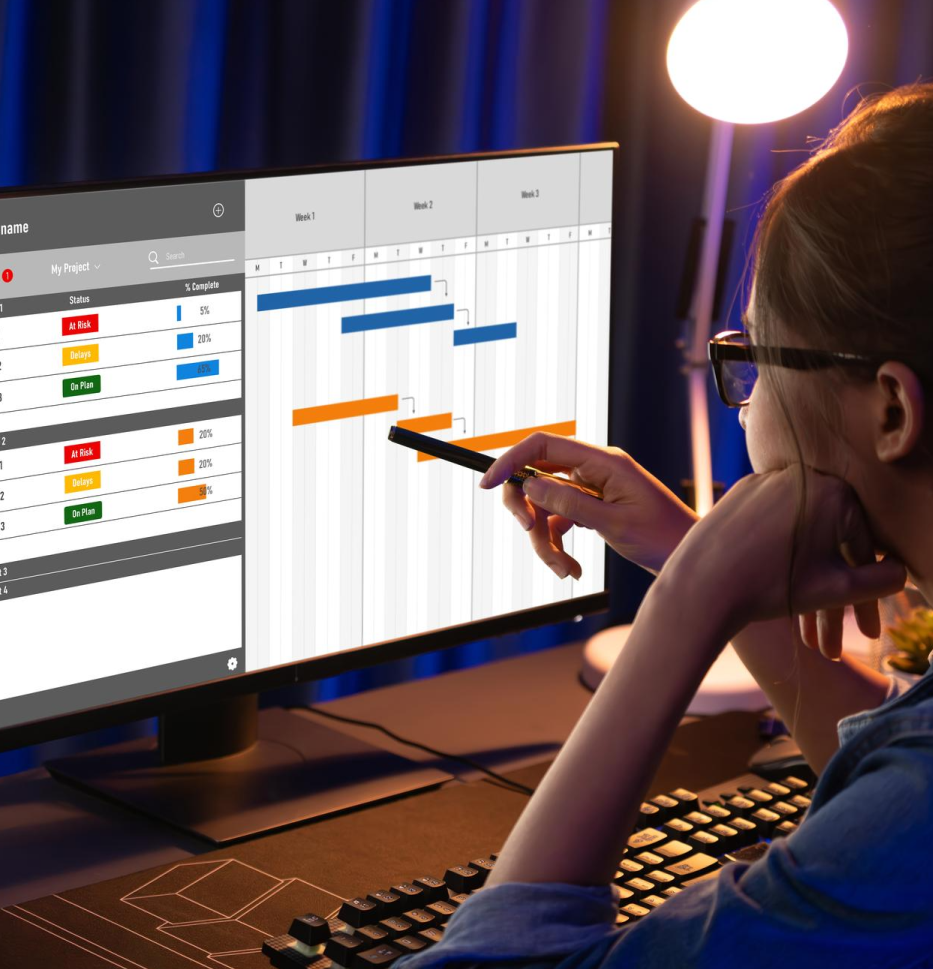- Home
- Solutions
- Join Community
- Methodology
- Limited Offer
-
Pricing
- More
What is the Activity?
Group Discussion is an interactive activity where participants share and debate ideas on a chosen topic. AI generates context-specific prompts and assigns roles, ensuring each learner contributes meaningfully. Depending on preferences, discussions may cover social issues, technology, education, ethics, or the environment, and can follow formats such as free-flowing, round-robin, or structured with roles like moderator, note-taker, and summarizer.
Participants may take different positions, agree, disagree, or neutral, and engage in timed discussions, exploring arguments and counterarguments. The activity promotes active listening, critical questioning, and respectful dialogue. After the session, reflection and feedback help learners evaluate their communication, reasoning, and teamwork skills. This makes group discussion not just a conversation, but a collaborative process of inquiry, analysis, and problem-solving.




 Individual
Individual
 Learner
Learner Mentor
Mentor Organisation
Organisation
 Learner
Learner Mentor
Mentor Organisation
Organisation









